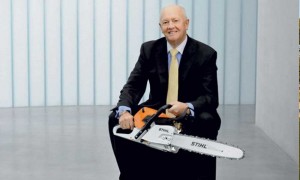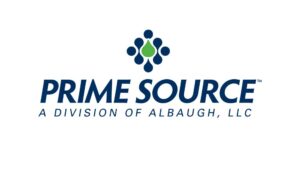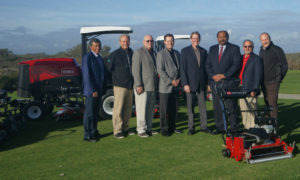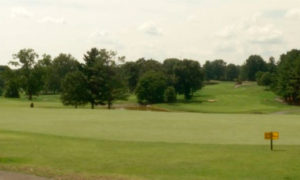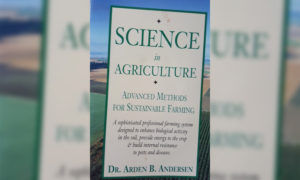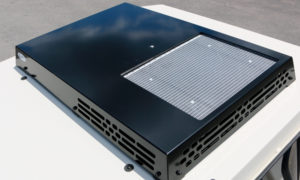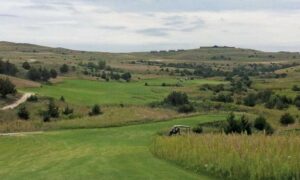Two models to follow
Recreation Equipment Inc. (REI) of the States and Mountain Equipment Co-Op (MEC) of Canada both work hard to reduce their negative impact on the environment. Their philosophy is to protect the natural world where their customers play. They understand their business directly relies on the natural and open spaces remaining as such, natural and open. As “quiet” or “human-powered” sport outfitters, they need mountains and valleys, rivers and lakes, trails and tracts, to continue for their business to remain vital. These two companies give back to the environment that gives to them and their customers. Not only do they donate money to their favorite open spaces, but they also have made a full commitment to Mother Earth. They placed protecting our green earth high on their priority list, reducing their carbon footprint and waste, working with ethical manufacturers, and “greening” their products from production, to transportation, to end use, to name a few. They work with their supply chain to further promote their beliefs. REI and MEC are out in their communities running programs and volunteering with local groups. They help the people that help them. They take pride in what they do and garner pride within their customers for their gear. Another key to their ideals is transparency. They invite everyone into their operations by publicly displaying their reports. They welcome the scrutiny and ask for feedback. They refuse to hide and use their sustainable philosophies as an asset. An asset they are proud of and one they will sing on the tops of mountains.
Sustainable operations
REI’s efforts fall under the umbrella of Stewardship while MEC prefers Sustainability. Regardless of what name they choose, the result is the same; REI and MEC are more aware of their impact on the environment. What they don’t do is simply throw money at their favorite charity and call it good. No, they’re looking at the future. Their future. The future of their customers. The future of this planet. And, yes, the future of their bottom line. A is A. Existence exists. Let’s not kid ourselves; they’re not saints, altruistically giving money to the cause. The motivation toward more sustainable operations is more than an environmental decision; it’s also an economical decision. By giving back and ensuring their suppliers are doing what they can, producing eco-friendly goods, reducing their energy consumption and waste, they in turn can continue to provide goods and services for their customers and continue to make money. That’s business. That’s smart business. And that, friends, is sustainable.
Where do we fit in
The golf business really isn’t that different. Golf course owners, operators, and turf managers all work together to prepare their product for their customers. Our product, just like REIs and MECs, is the land on which our customers play their game. Managing our land for the future is vital for our survival. Overall, we know this and are making huge steps in reducing our negative impact on our grounds. Areas I think we can improve are in community involvement, awareness of our supply chain, and transparency.
Community involvement
Both REI and MEC improve their visibility to their brand through community involvement. They work locally by offering classes, events, assist groups with volunteers, and provide grants for those that are interested in doing their part to protect our natural resources. Golf could benefit greatly from following their lead. Our industry is enshrouded with a negative connotation. Getting out into our communities, volunteering for events such as river clean-ups or recycling programs can go a long way to improve our image. Offering to host school-age children at the course an educational field trip gets our ever important next generation to view golf in a different light. What’s a major fundraiser for charities? Golf outings. What if we waive the fees to local groups in turn for some positive publicity? With rounds and revenues down, it makes sense to get out in your community and drum up some positive feelings for your facility.
Where do our goods come from
We are on top of the ball when it comes to protecting our land, but what about our suppliers? What are they doing? Who are their suppliers? Are they concerned with their impact on the environment? Their workers? This is a daunting task but one worth attacking. Our responsibility does not end with how we use our products but also from where they come.
Transparency
Again, the golf business has a negative image. An image that is unsupported. Most golf courses are playing by the rules as far as regulations. We are highly educated and do not abuse water or chemicals. Ideally, the water that enters our land leaves cleaner. Those that have the controls over the regulations we follow rarely stop by to see how we are doing. As a matter of fact, golf nay-sayers rarely (if ever) step foot on their enemy’s grounds. We need to open our doors to our detractors. Letting them in to our facilities will make it much harder for them to make unsubstantiated claims of our wrong doings. Invite regulatory, members of the media, your community, and certainly your customers for a course tour or make an event out of it. Plan a lunch, give presentations about what you do and how you do it. Sing the song no one hears. Open your chemical records and get out the Material Safety Data Sheets. Explain the ins and outs of your operation. Tell them about your environmental achievements, your donations, or community involvement. Answer any and all questions and invite them back. Don’t be afraid to be open, if you are being responsible, then you have nothing to hide and everything to gain.
Golf is a business and we need to act like one. The days of, “We have built it, they will come,” are gone. We are here, they are not. REI and MEC are proactively putting their best foot forward to protect the business and their environment. We can follow their lead and make a move to rid ourselves of this nasty stigma the golf industry wears. It’s going to take a lot of work, but what else are we to do? Stand by and watch our business die or stop spending money in hopes of surviving until the market comes back? No! I was once told you have to break some eggs to make an omelet. Well, get crackin!
Andy is the assistant superintendent at Meadowbrook Country Club in
http://andyohaver.blogspot.com/

